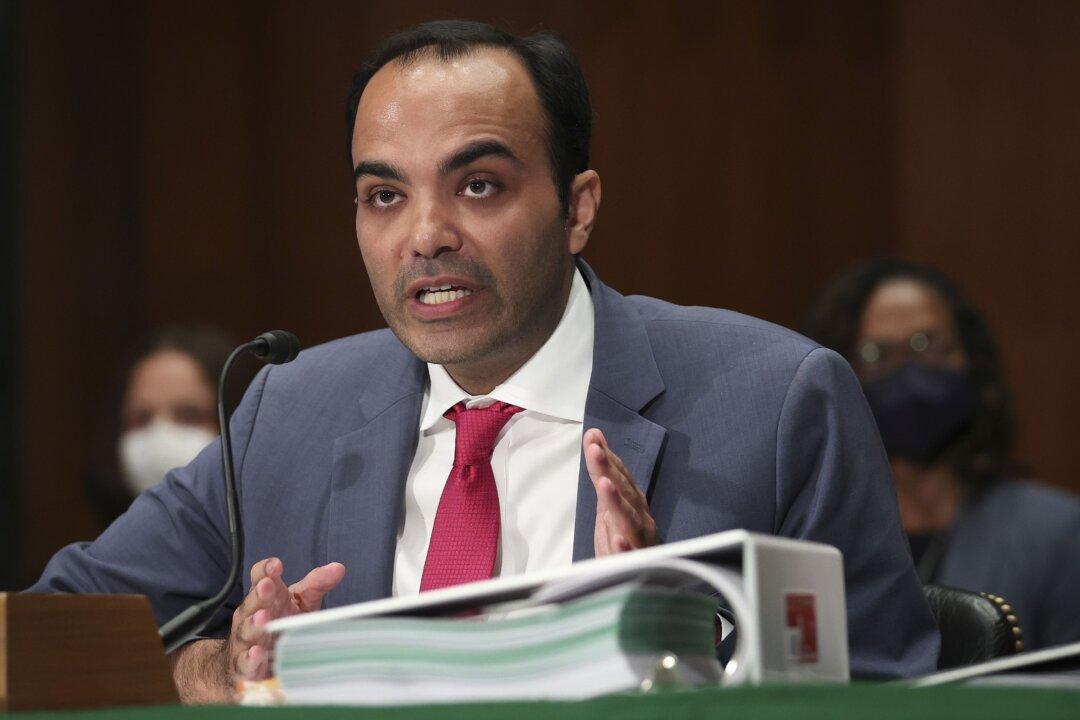The Consumer Financial Protection Bureau (CFPB) has unveiled a proposed rule aimed at curbing the practices of data brokers who sell sensitive personal information, often without consent, with the watchdog citing risks to consumer safety, national security, and financial stability.
The proposed rule, announced on Dec. 3, seeks to bring data brokers under the framework of the Fair Credit Reporting Act (FCRA), requiring them to comply with strict accuracy and privacy standards in a bid to hold them accountable for how they handle and sell personal and financial data.





